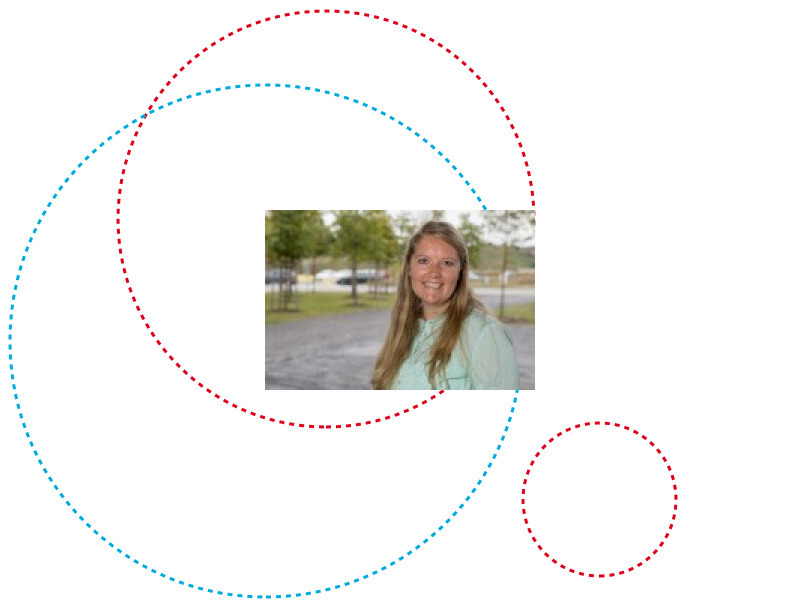The recent interest in concepts from positive psychology within studies of motivation in foreign language acquisition has led to the development of the construct of Foreign Language Enjoyment (FLE), a positive emotional state where psychological needs are met in the foreign language classroom (Dewaele & MacIntyre, 2014). FLE is conceptualized as a (negatively) correlated, yet unique construct in relation to Foreign Language Anxiety (FLA), which has received considerably more attention in research. Thus, the comparably understudied FLE and FLA are not two ends of the same continuum. This study examined the congruence between FLE and FLA, referring to the fit, match, or similarity between the two latent variables. The congruence between two variables can be hypothesized to affect the individual’s standing on a third latent variable. The dataset utilized in Dewaele and MacIntyre (2014) was re-analysed to investigate the congruence between FLE and FLA, and its effect on the relative standing on Self-Perceived Competence (SPC) of the language learner. Methodologically, a response surface was created and depicted over a regression space via a 2-dimensional model. Polynomial regression was utilized to calculate whether a sufficient representation of the different degrees of congruence and incongruence between FLE and FLA was present. The 2-dimensional model indicated a convex structure on the line of congruence and a concave structure on the line of incongruence, indicating that positive (i.e. FLE) and negative (i.e. FLA) emotions not only individually correlate with the self-perceived competence of the language learner but that the interplay between FLE and FLA have a further demonstrable effect.
Event
DTU Calidie Colloquium: Examining the Interaction between Foreign Language Enjoyment and Foreign Language Anxiety through Polynomial Regression and Surface-Response Analysis

-
Conférencier E'Louise Botes, Doctoral Candidate
-
Lieu
Campus Belval, Maison du Savoir, room 2.240
LU
-
Thème(s)
Sciences humaines